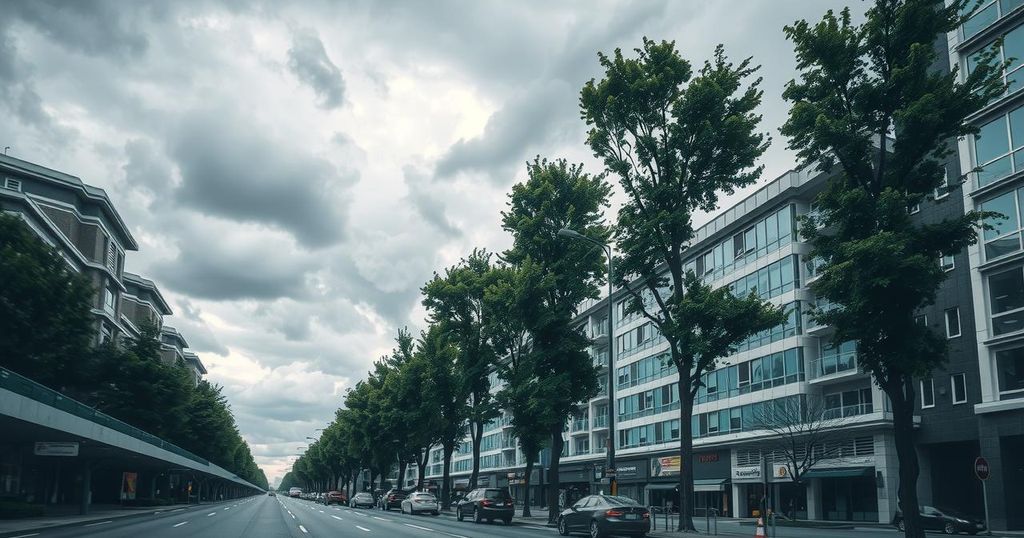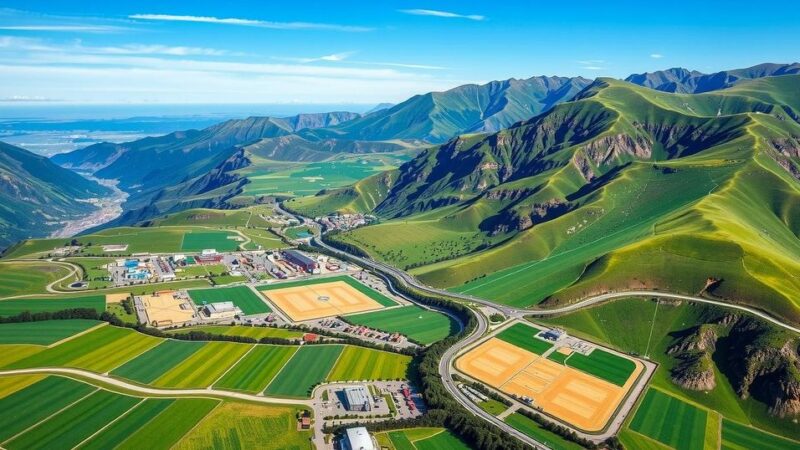On March 9, 2025, nationwide protests erupted in Iran, as various groups, including truck drivers and retirees, rallied against corruption and economic mismanagement. Despite the regime’s violent repression, demonstrators from diverse sectors voiced their collective dissatisfaction, demanding better living conditions and systemic change amidst increasing economic hardship.
On March 9, 2025, Iran witnessed escalating protests as numerous societal sectors, from truck drivers to retirees, gathered to express their discontent over governmental corruption, economic turmoil, and oppressive policies. Participants across various cities voiced their frustrations, demonstrating against the clerical regime’s inability to meet their demands for better living conditions and rights.
In Tehran, truck drivers from the Turkish border rallied against corruption within the transportation and mining sectors, demanding the return of their unlawfully confiscated trucks. Concurrently, Tehran University employees protested, chanting for the resignation of government officials.
In southwestern cities like Ahvaz, Shush, and Shushtar, retirees protested against inadequate pensions and rampant corruption, demanding justice for their financial struggles. Meanwhile, nurses in Yazd called for attention to their low wages and poor working conditions, reflecting widespread dissatisfaction within the healthcare system.
Protests at the Bibi Hakimeh Oil Field highlighted the grievances of contract workers who faced unpaid bonuses and hazardous work environments. In Rasht, medical emergency staff protested over unmet promises, while in Mashhad, mixer truck drivers struck against unfavorable government fuel policies.
Protests in Isfahan saw retirees demanding fairer pensions to match rising living costs. Kermanshah’s Social Security Organization retirees, despite challenging weather, expressed frustration over economic hardships and governmental deception.
In Shahroud, retirees from Alborz coal mines joined their peers across the country, demanding rights amid worsening economic conditions. In Gachsaran, oil workers criticized unmet promises from the regime, with their grievances echoing across many protests.
Security forces intensified their crackdown on dissenters. For instance, Aboul Kourkour, an activist, died tragically during a confrontation with security forces, underscoring the regime’s brutal repression of opposition. Other protest-related deaths raised alarm about the regime’s oppressive tactics.
The root of these protests lies in Iran’s deteriorating economy. Mohsen Bagheri, a state-affiliated economist, stated that devalued wages fail to meet living expenses, with Iranian laborers vastly underpaid compared to their Turkish counterparts. The severe impact of inflation, projected to reach over 50%, exacerbates public discontent.
A government newspaper emphasized that sanctions coupled with an inability to negotiate have driven Iran to the brink of economic collapse. In Tehran, as businesses shutter due to a lack of customers, increasing numbers of individuals resort to gig work amid soaring poverty levels, reflecting bleak economic realities.
Although the regime resorts to violence to suppress protests, the persistence of demonstrations reveals a profound and escalating discontent among the populace. The clerical regime appears to be losing control as various groups rally against governmental corruption and societal injustices, signaling a broader call for systemic change across Iran.
The protests across Iran on March 9, 2025, highlight widespread discontent driven by governmental corruption, economic hardship, and repression. Diverse sectors of society, including retirees, workers, and medical staff, joined the demonstrations, illustrating a united front against the regime’s failures. Despite heavy crackdowns, there is a clear indication of a growing movement demanding substantial reform and accountability from the ruling authorities.
Original Source: www.ncr-iran.org






